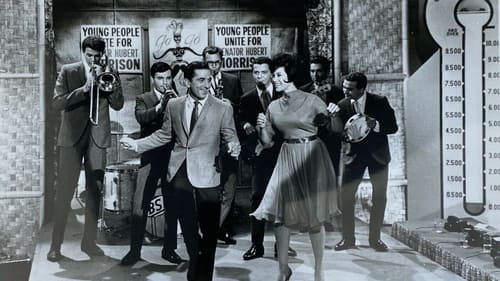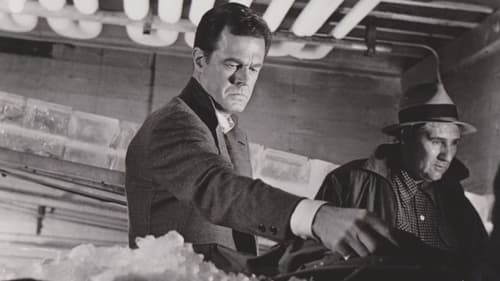Astrud Gilberto
Nacimiento : 1940-03-29, Salvador, Bahia, Brazil
Historia
Astrud Gilberto (born Astrud Evangelina Weinert, March 29, 1940) is a Brazilian samba and bossa nova singer. She gained international attention in the 1960s following her recording of the song "The Girl from Ipanema".
Astrud Gilberto was born Astrud Evangelina Weinert, the daughter of a Brazilian mother and a German father, in the state of Bahia, Brazil. She was raised in Rio de Janeiro. Her father was a language professor, and she became fluent in several languages. She married João Gilberto in 1959 and had a son, João Marcelo Gilberto, who later joined her band. Astrud and João divorced in the mid-1960s. She has another son from a second marriage, Gregory Lasorsa, who also played with his mother. Later she began a relationship with her husband's musical collaborator, American jazz saxophone player Stan Getz. She immigrated to the United States in 1963, residing in the U.S. from that time.
She sang on two tracks on the 1963 album Getz/Gilberto featuring João Gilberto, Stan Getz, and Antônio Carlos Jobim. While it was her first professional recording, Astrud "wasn’t a complete novice. She grew up steeped in music (her mother Evangelina Neves Lobo Weinert played multiple instruments) and sang regularly with her husband in Brazil, including in a concert at the Faculdade de Arquitetura, part of one of Rio de Janeiro’s top universities." Her "beguiling, whispery voice" and steadfast approach to singing played a significant role in popularizing "The Girl from Ipanema", earning a Grammy for Song of the Year and a nomination for Best Vocal Performance by a female.
The 1964 edited single of "The Girl from Ipanema" omitted the Portuguese lyrics sung by João Gilberto, and established Astrud Gilberto as a Bossa Nova singer. It sold over one million copies and was awarded a gold disc. For the recording, it is reported Astrud only ever received the standard session fee, $120. However, according to Gene Lees in Singers and the Song II, Getz asked producer Creed Taylor to ensure she was paid nothing. In 1964, Gilberto appeared in the films Get Yourself a College Girl and The Hanged Man. Her first solo album was The Astrud Gilberto Album (1965). Upon moving to the United States, she went on tour with Getz. Beginning as a singer of bossa nova and American jazz standards, Gilberto started to record her own compositions in the 1970s. She has recorded songs in Portuguese, English, Spanish, Italian, French, German, and Japanese.
In 1982, Gilberto's son Marcelo joined her group, touring with her for more than a decade as bassist. In addition, he collaborated as co-producer of the albums Live in New York (1996) and Temperance (1997). Her son Gregory Lasorsa played guitar on the Temperance album on the song "Beautiful You", which features singer Michael Franks. ...
Source: Article "Astrud Gilberto" from Wikipedia in English, licensed under CC-BY-SA 3.0.



